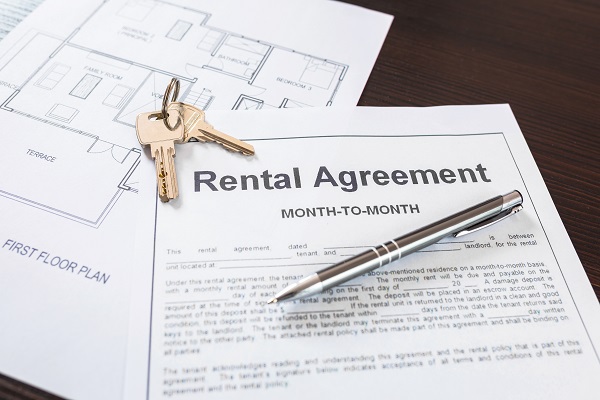
Homeownership is not for everyone. While there are so many perks, from tax benefits and investment potential, to enjoying greater freedom and privacy—renting allows for much more flexibility in timeframe, savings in maintenance and purchasing of items like appliances, and means that there is no worry about making a down payment or dealing with the ups and downs in the real estate market.
If you have gone into business for yourself as a landlord, not only have you stepped into a unique way to produce extra income and manage your real estate investment(s), but most likely you will meet a number of new people along the way—whether they are just coming to check out your property as potential tenants or actually living in the building you are renting. While many may look, you will probably find that only a few potential renters actually fit the bill in terms of your lease requirements.
Today, more individuals than ever are renting in the US; in fact, recent research shows that they are doing so even more than in the past 50 years. Millennials are often not as prone to buying homes right away, and many consumers today are strapped down with burdensome student loans. That means the rental market is hot, with 37 percent pursuing rental homes over buying.
Because your commercial site or rental home may be one of the most important investments of your life, be aware of what to look for in a strong tenant. If you are renting a business space, look for someone with a good business model who has the finances to back up a long-term rental. If they are hoping to open something like a restaurant, for example, find out what type of remodeling they will plan to do and consider how that could affect you later if they move out. Residential tenants should also be able to pass a credit and background check and show that they have sufficient income to rent for whatever time period you are requesting in your lease. References from past landlords may shed light on whether or not they would be suitable too.
Your lease should outline all the basics such as how much rent and the security deposits are, whether the timeframe is month-to-month or for a longer period, who pays for maintenance on what, whether pets are allowed in residential spaces, rules on subleasing, and any financial penalties for early termination of the lease. Find out more about leases in one of our recent blogs, ‘Landlord and Tenant Contracts: Understand Which Details Are Critical’.
As negotiations continue, consult with an experienced real estate/business attorney like Shane Coons to create a lease that will protect you for years to come—and promote a good relationship with your tenant. Call now at 949-333-0900 or email us at Shane.Coons@seclawoffices.com. We will be glad to meet with you to review all your legal needs and explain your options in detail. Our office is here to help!
